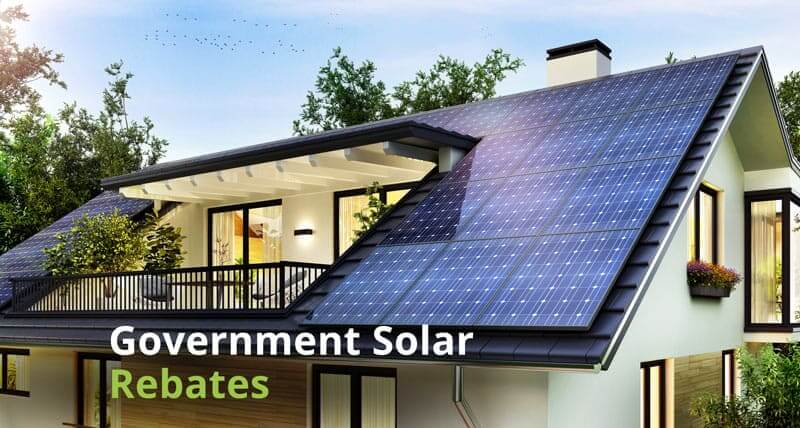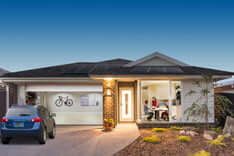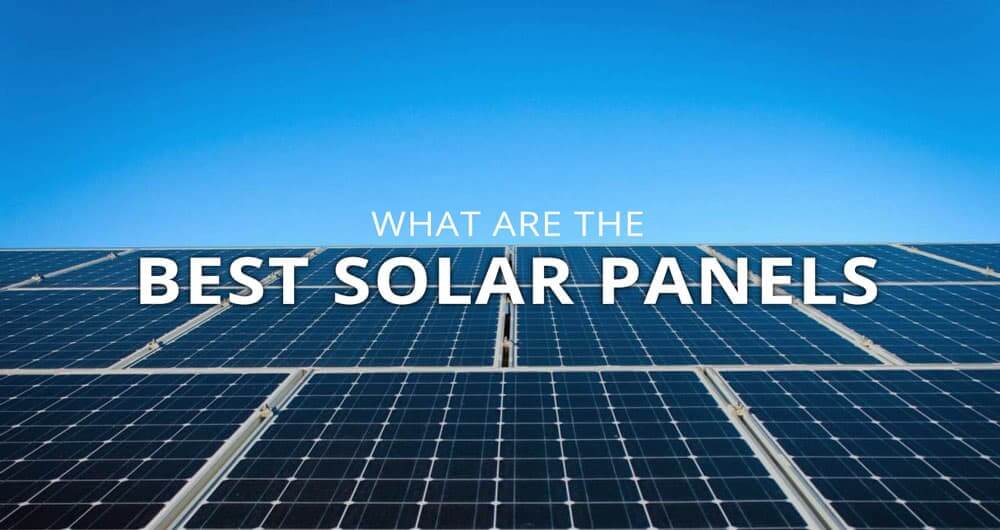Home Do Solar Panels Make Your Roof Last Longer?
Do solar panels make your roof last longer?
Plenty of Aussies have various motivations for opting to whack solar panels atop their roofs. A fair number are keen to reduce their electricity bills, while others aim to decrease their environmental impact by cutting down on carbon emissions. Additionally, the appealing government incentives and tax deductions act as a significant lure for a substantial crowd.
Another benefit that most people often overlook is that solar panels can actually make your roof last longer! This, however, depends on the age, material, and installation of your roof.
Table of Contents
ToggleHow do solar panels make your roof last longer?
During solar installations, most homeowners worry that the installation will damage their roofs because of the drilling involved. But thanks to modern technology, solar panels are now doing more good than evil.
Some of the ways it improves the lifespan of your roof include:
Cooling the roof
Since rooftop solar panels are installed above your roof, they act as great shields against extreme temperatures and sun rays. This is made possible because of the small gap left between the roof and panels during installation.
The gap allows cool air to flow through, which leaves a cooling effect inside the house. Studies show that having solar panels can cool your roof and intern cool the home by up to 38%.
Protection from extreme climate
Extreme weather like hail, snow, or rain can sometimes cause serious damage to your roof. Solar panels provide an inclined surface that shields your roof from the impact of these factors. This helps the roof last longer.
The solar panels also shield your roof from falling debris like tree branches.
No drilling holes
Drilling holes is one of the biggest things that damage your roof. Thankfully, most professional installers today avoid drilling holes in your roof and instead use roof clamps or ballasted racking systems that don’t require drilling holes.
Which is the best roofing for solar panels?
There being different types of roofing in the Australian market, you probably want to know if your roof is compatible with solar panels. Luckily, most roof types are compatible with solar panels.
However, there are several factors that make specific roofing more suitable for solar compared to others.
The first and more important factors you need to consider are the age and condition of your roof. Old and already damaged roofs aren’t the best roofing to install solar. You’ll first need to replace your roof before installing the panels.
Other factors to consider include:
Roof material
The most popular roofing materials for solar panels in Australia are the Asphalt Shingles, Tiles, and standing seam metal. These roofs are easy to install and quite cheap.
Other materials like wood and slate are not the most recommended roofing materials because they are brittle and could break at any time.
Roof pitch and orientation
Your solar panels’ pitch and orientation play a big role in determining how much energy your solar system can generate throughout the day. For Australian solar owners, the best direction for solar panels is North.
However, you can also try the East-West direction if you don’t consume most of your power in the middle of the day.
The roof pitch angle also affects how efficient your solar panels will be. The best pitch angle in the southern hemisphere is around 30 degrees.
Roof shading
Even with the best roof material and solar panels, shading of any form can dip your panels’ output. Therefore, you need to get rid of any tree branches or obstacles that could minimize sunlight penetration to your panels.
If you can’t move the obstacles, e.g., a building, find a creative way to maximize your panels’ output. Contact your solar installer to find out what your options are.
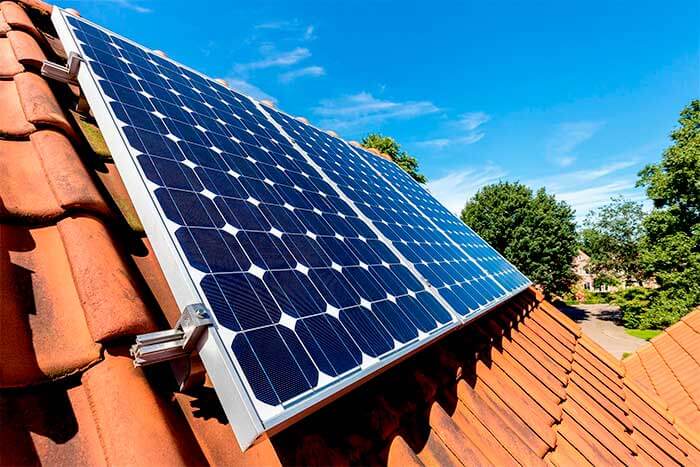
Will solar panels affect my roof warranty?
It depends on your installation. For solar panels installed without drilling, your roof warranty remains valid in most cases. However, you’ll need to consult your roofer if the installation requires drilling holes in your roof.
In most cases, drilling holes voids the roof warranty from the manufacturer. The best way to resolve this is by involving both your roofer and solar installer.
The roofer can remove and later replace the roofing, while the installer re-installs the panels. This way, the roofer can still guarantee you that your warranty is valid.
Some solar installers even offer workmanship warranties covering your roof to show the faith they have in their work.
How long do roofs last?
Most roofs last anywhere from 20 – 50 years before they need replacement. The actual lifespan largely depends on the material of the roof. For instance, you can expect an asphalt shingle roof to last for around 20 years, while a metal, concrete tiles, or copper roof lasts for more than 50 years.
These lifespans can be cut short or extended depending on the type of installations you have, and natural calamities.
But to ensure that your roof lasts the longest, have a roof inspector look at it once in a while every year.
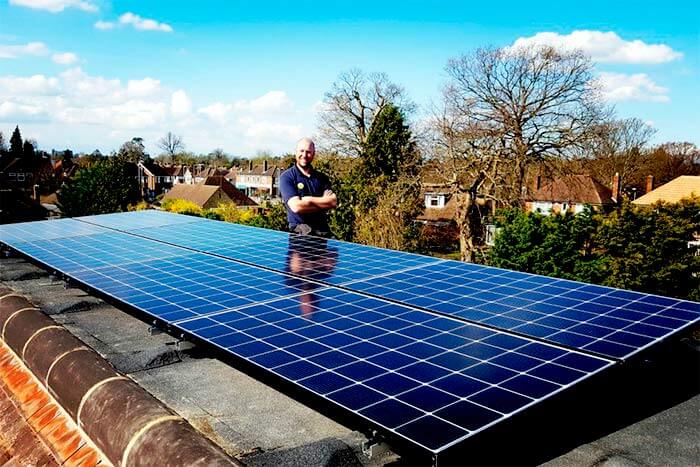
Can Solar panels damage my roof?
Of course! Solar panels may actually damage your roof if you don’t have the right installer for the job. In most cases, it’s the installation errors or the roof condition that leads to the damage – not the panels.
Inexperienced solar installers tend to leave holes in your roof, which results in water leaks during the rainy season.
To minimize the chances of these damages happening, ensure that your installer is accredited and experienced in the business. This way, they’ll know how to do the drilling well without leaving holes exposed.
Experienced installers will also offer warranties for your roof in case anything goes wrong after the installation.
How can I extend the lifespan of my roof with solar panels?
Well, there are several ways you can try to maximize on the lifespan of your roof after solar installation. Here are a few:
Do repairs/replacements before installation
Even before hitting the shops for solar panels, your first step ought to be inspecting your roof. Since your roof will be adding on a lot of weight from the panels, it should be in a condition to support this weight.
If the roof is in a poor state, you should either replace or repair it first. Ensure that all problems are fixed to facilitate an easier installation process.
Eliminate nearby trees
Trees not only cause shading for your solar panels if they’re too close to your roof, but their branches and other debris may also fall on them, causing severe damage. So, trim off those branches that may pose challenges later on.
Inspect and maintain the roof regularly
You should conduct a proper inspection and maintenance regularly to detect any issues with your roof early. Hiring an expert roofer or solar installer will also help you make the right decisions when deciding whether to replace or repair your roof.
Will the value of my home improve?
Yes! By adding solar panels to your home, the market value of your home stands to increase drastically. This is because more house hunters are attracted to the reduced monthly power bills.
Research shows that the value of your home can increase by nearly $6,000 per kilowatt. Therefore, the longer your solar panels can last on the roof, the more valuable that home will be.
Should I replace my roof before installing solar panels?
If the roof is old and leaking, yes. You need to replace it first before installing solar panels. Doing this will help you save so much money up-front, instead of first installing solar, then removing them for re-roofing, and reinstalling the panels again.
Moreover, your solar panels will only increase the lifespan of roofs that are in good condition. Installing new solar panels on new roofs is, therefore, one of the best ways to increase their lifespan.
For roofs that have at least 20 years left, you can also try installing solar panels. Such a roof is still in great shape, and solar panels improve their lifespan significantly.
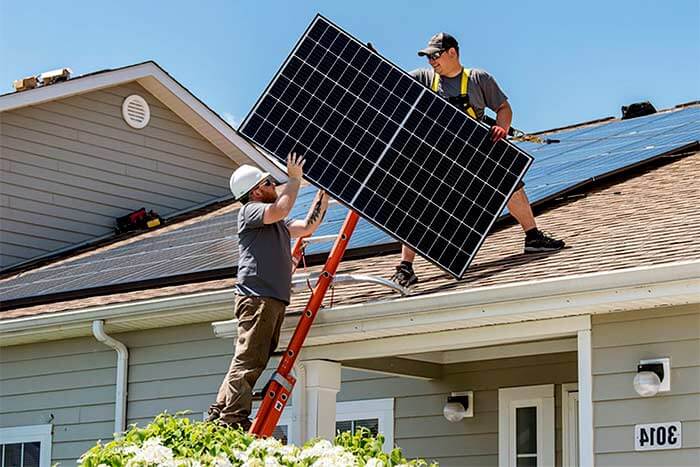
FAQs
Around 25 – 30 years. Most solar panels last for around 3 decades before their efficiency goes lower than 80% and you have to replace it. However, with good maintenance habits, your panels can last slightly longer past the 30-year mark.
It depends on your homeowner’s insurance company. Some companies consider solar panels to be part of the home and so, cover it under the standard insurance policy. This means no paying extra premiums.
However, most insurance companies tend to charge more monthly premiums after installing solar because solar systems are expensive.
If you have ground-mounted solar panels, you should also know that you’ll need a separate insurance policy. This means paying the panels premiums separate from the home premiums.
No! Even though solar panels improve your home’s market value, you won’t have to pay extra taxes for installing them. However, you might actually have to pay more in taxes when selling the house.
Most manufacturers will offer you between 25 – 30 years warranty, but some run for as long as 50 years. Each warranty contract depends on the type of roofing you install and the manufacturer you’re working with.
Table of Contents
Toggle


